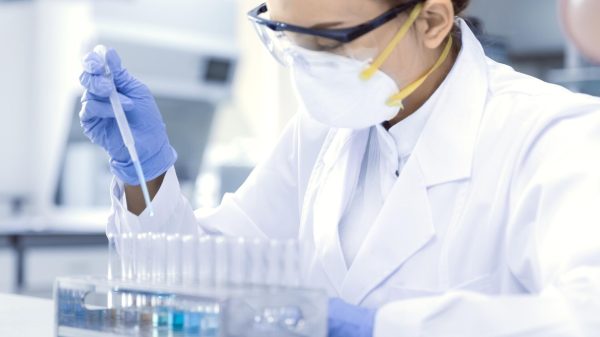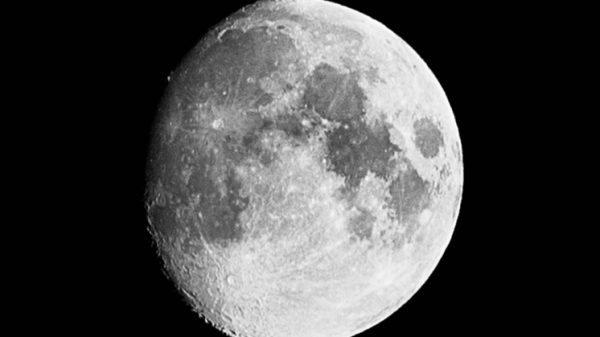 Pentagon seeks collaboration on reporting and analysis of unexplained sightings
Pentagon seeks collaboration on reporting and analysis of unexplained sightings
The Pentagon has asked the UK to share any UFO data it has as he steps up the investigation into the phenomenon — with the task force receiving 800 sighting reports.
A meeting of the Five Eyes intelligence-sharing alliance, which includes the US, UK, Canada, Australia and New York. Zealand, was held last week to intensify cooperation in reporting and analyzing unexplained sightings.
Dr. Sean Kirkpatrick, head of the Pentagon's UFO task force, known as the All-Profile Office for Anomaly Resolution (AARO), said: «We've discussed data sharing with our partners.
«How do they report? What analysis can they help us? What calibration can they help us with? How can we help them? And we're installing it all right now.
“And eventually they will send us their information and data to be included in the process that we have developed for how we are going to do all this.”
Dr. Kirkpatrick told AARO. received 800 sighting reports, up from 650 when he testified to Congress last month.
The observed objects were likely spherical, one to four meters in size, and could be seen at a height. 10,000 to 30,000 feet.
He said that only 2 to 5 percent of them could be considered «anomalous.»
The need for «high-quality data»
Dr. Kirkpatrick spoke at the first public meeting of the NASA group set up to study what the US government calls Unidentified Air Phenomena (UAPs).
He said that NASA will also expand its scientific and academic relationships with institutions in countries- allies to «bring them into the fold» of what is becoming an international project.
Dr. Kirkpatrick showed a video that was previously released showing a metal ball filmed over the Middle East last year.
He said: “We see them all over the world and we see them taking very interesting pictures. maneuvers.”
The 16-member NASA team, which was created last year, includes experts from various fields, including physics and astrobiology.
Some of them were insulted and online harassment. since they started their work.
Dan Evans, NASA Senior Scientist, said: “The harassment only further stigmatizes the UAP field, greatly hindering the scientific process and discouraging others from studying this important subject .
David Spergel, chairman of the NASA panel, said more and better data on the UAP needed to be collected.
He said, «If I summed it up in one line, I feel like we've learned [that] we need high quality data.
“Current UAP data collection efforts are ad hoc and fragmented across agencies, often using tools not calibrated for scientific data collection. ”
























































Свежие комментарии